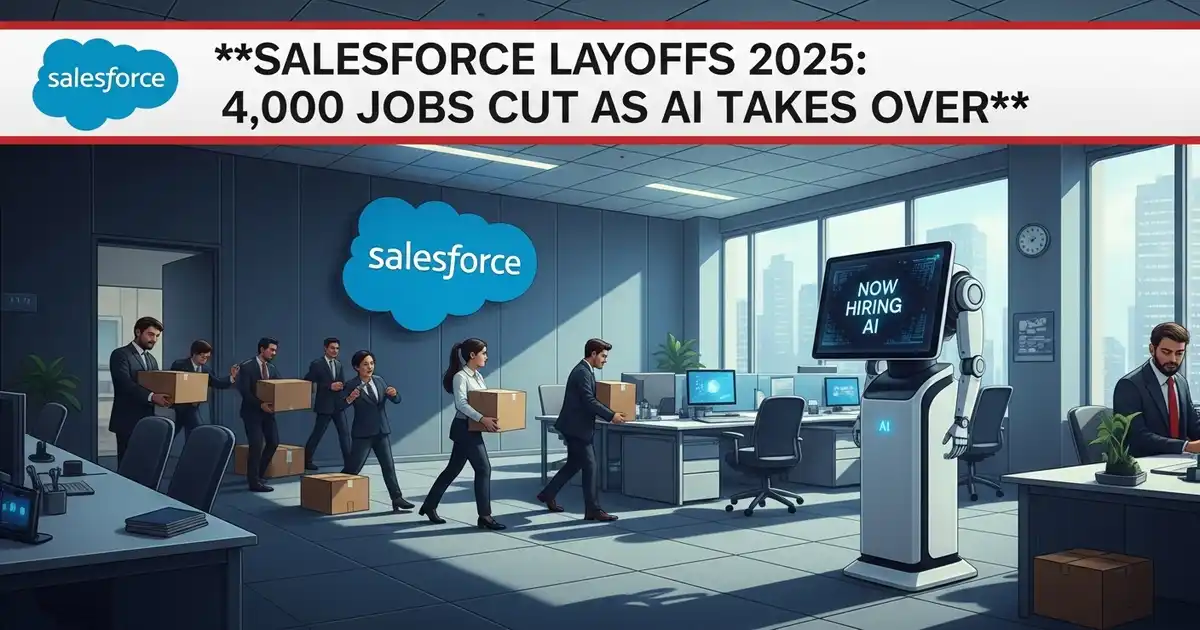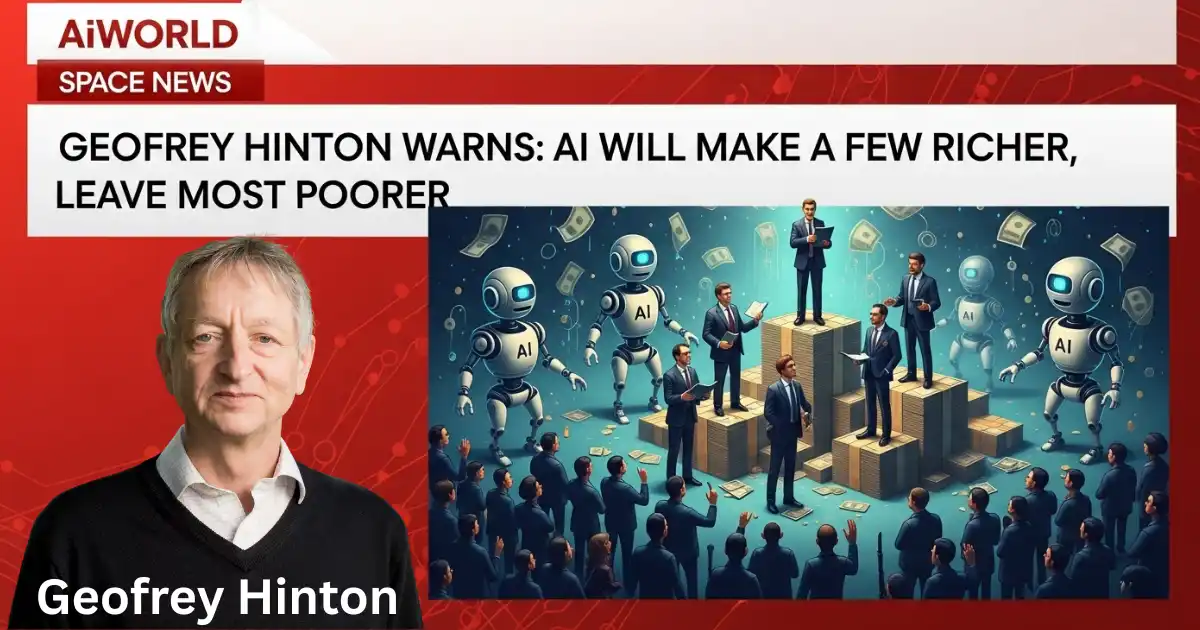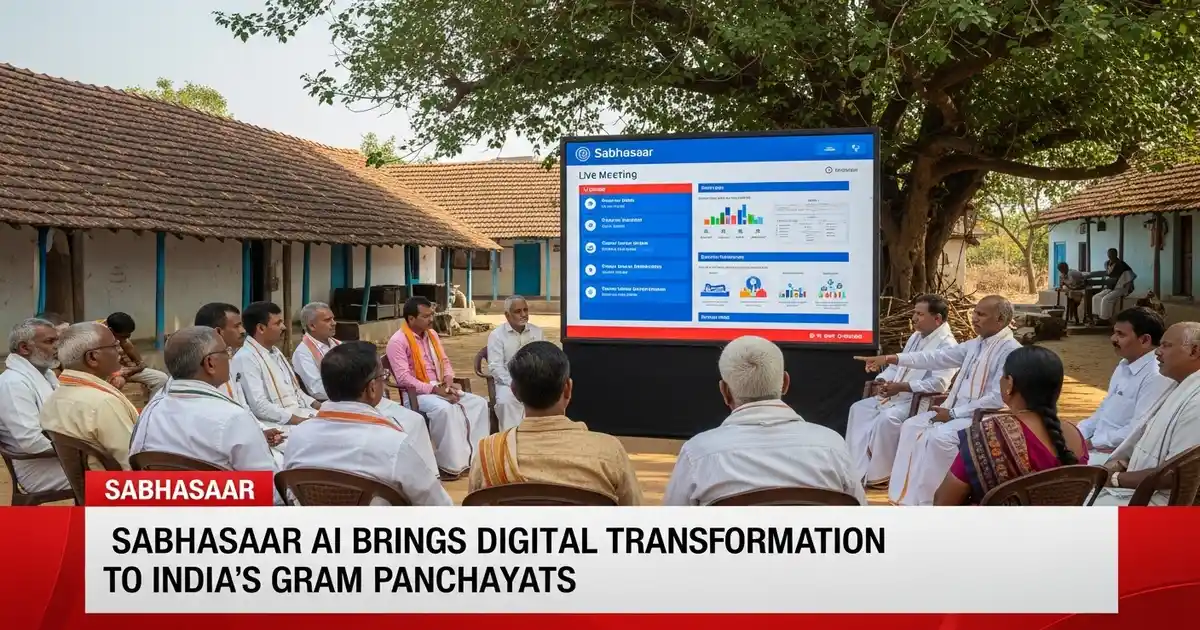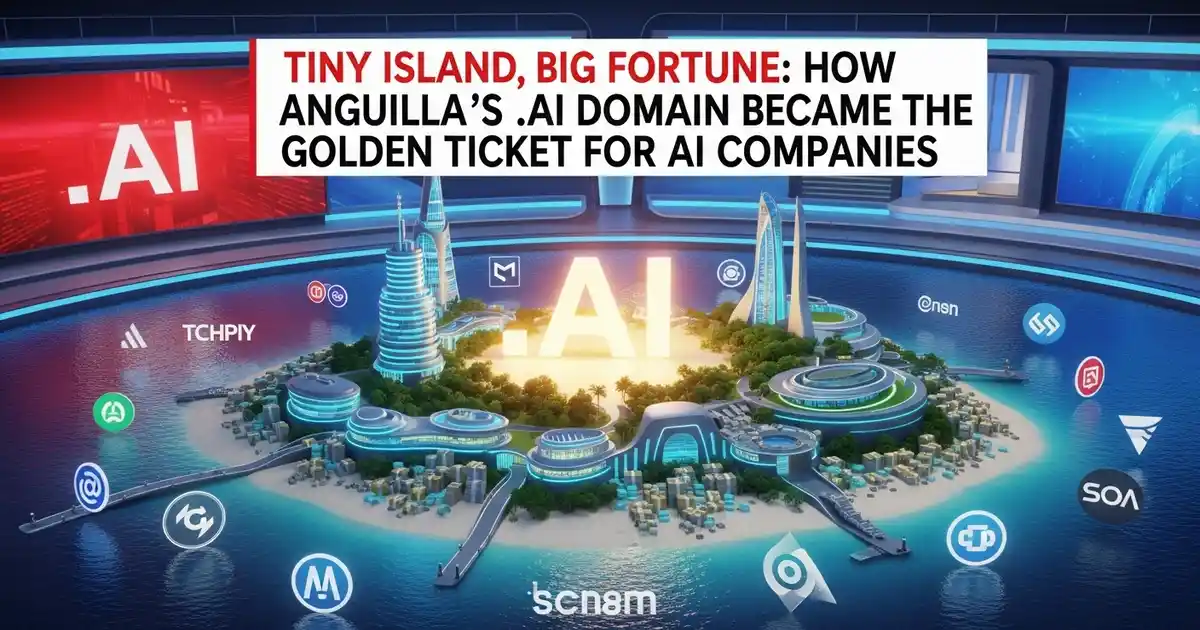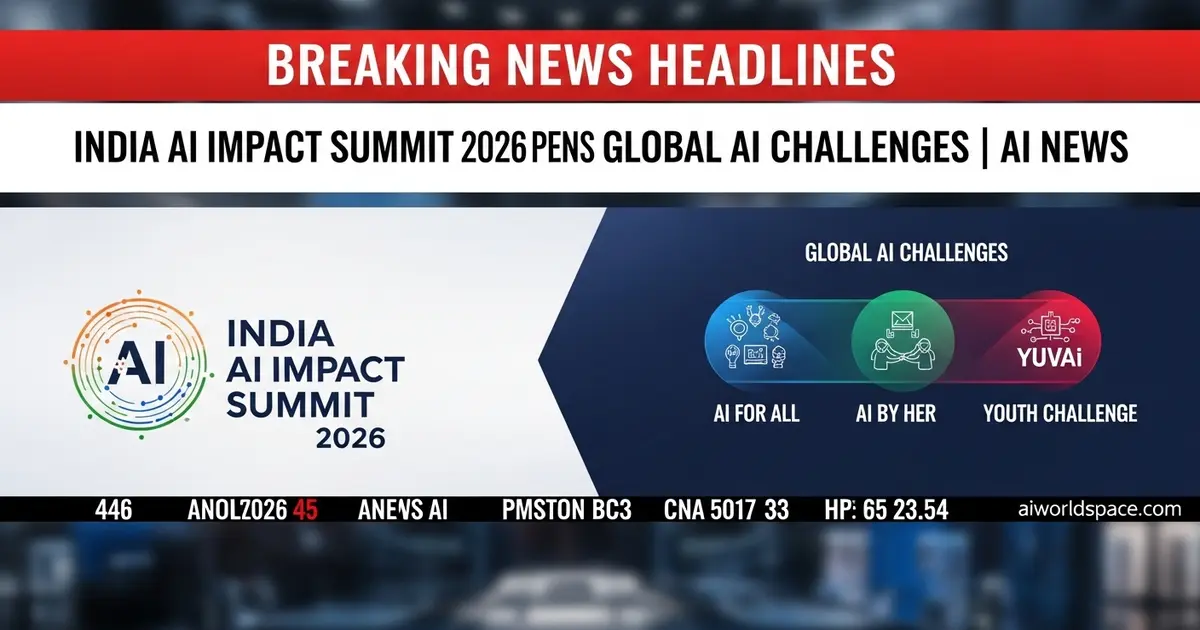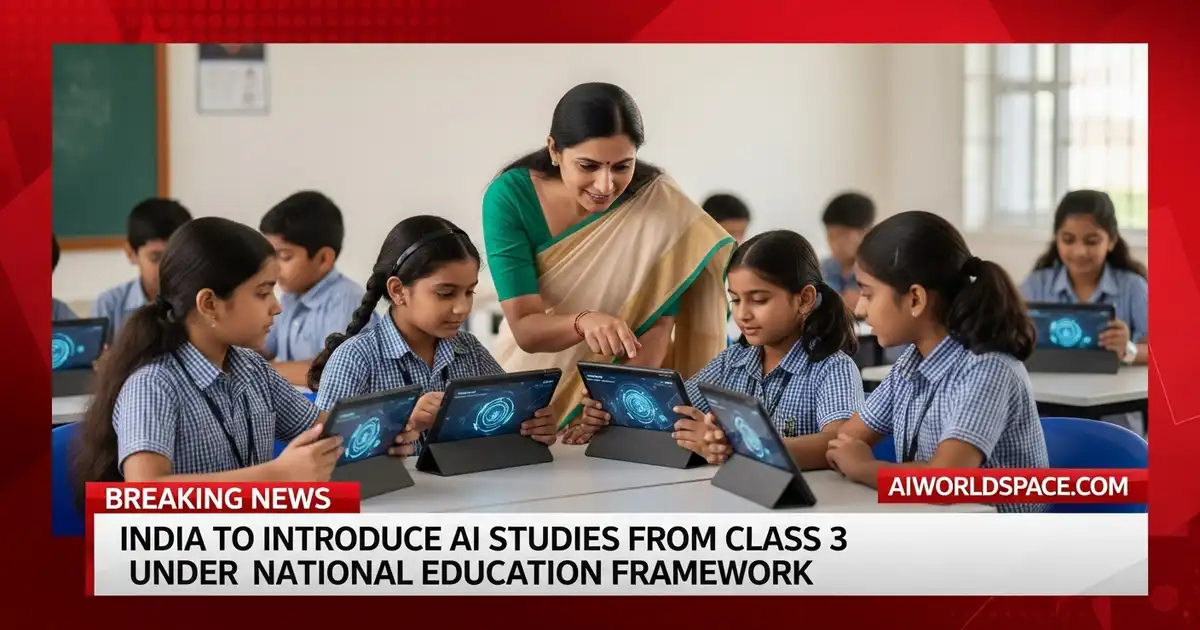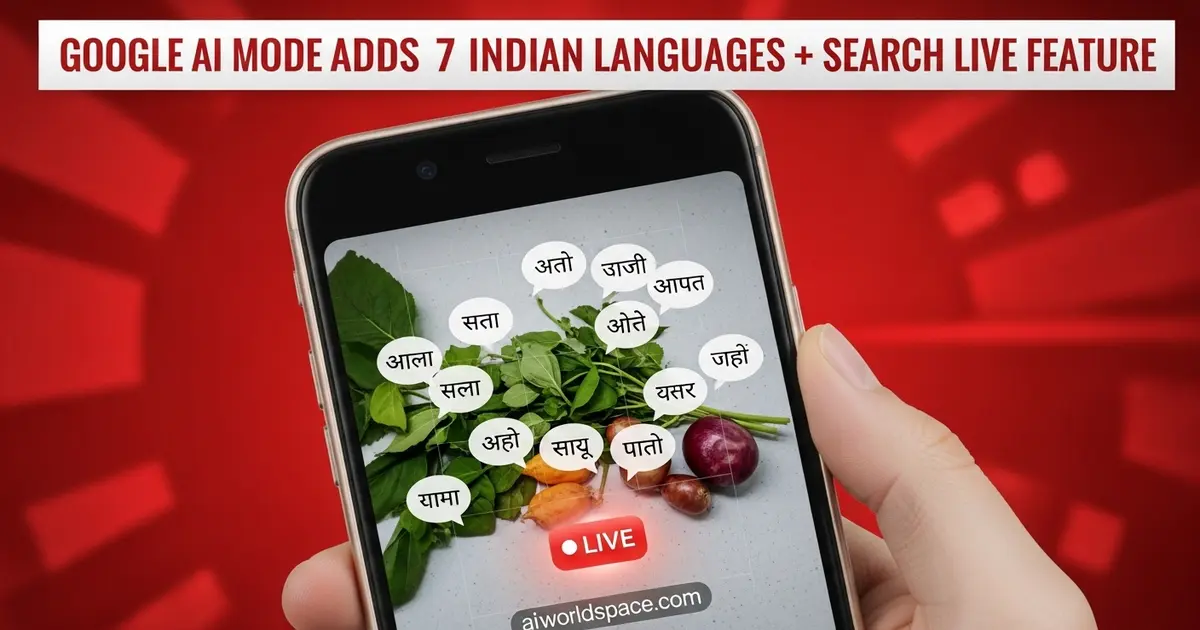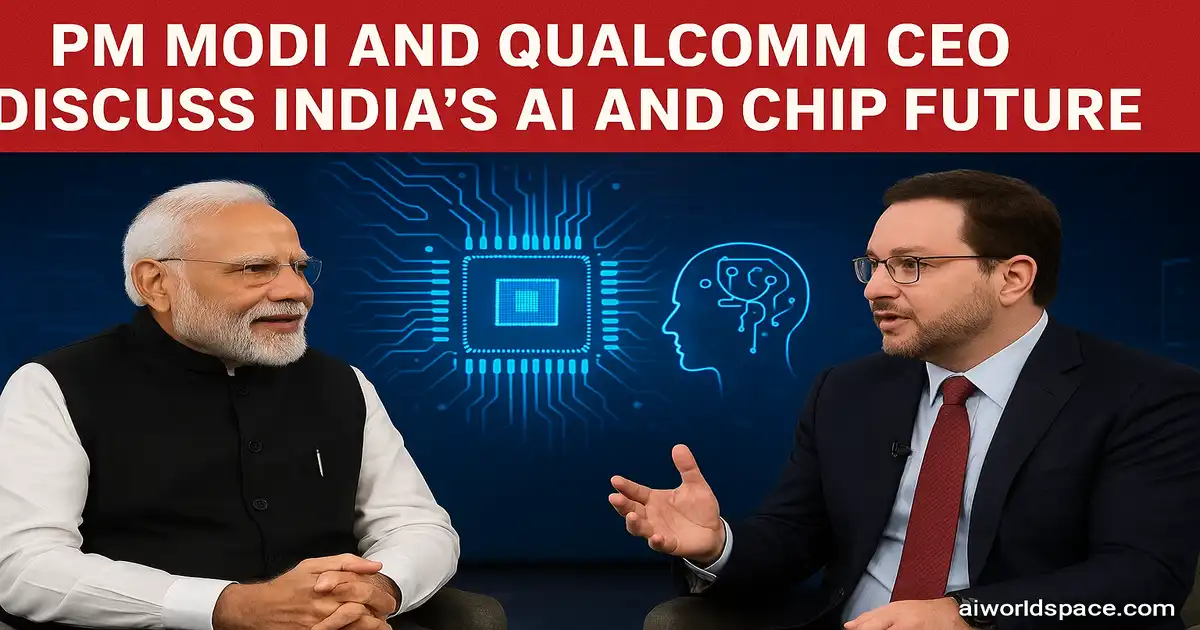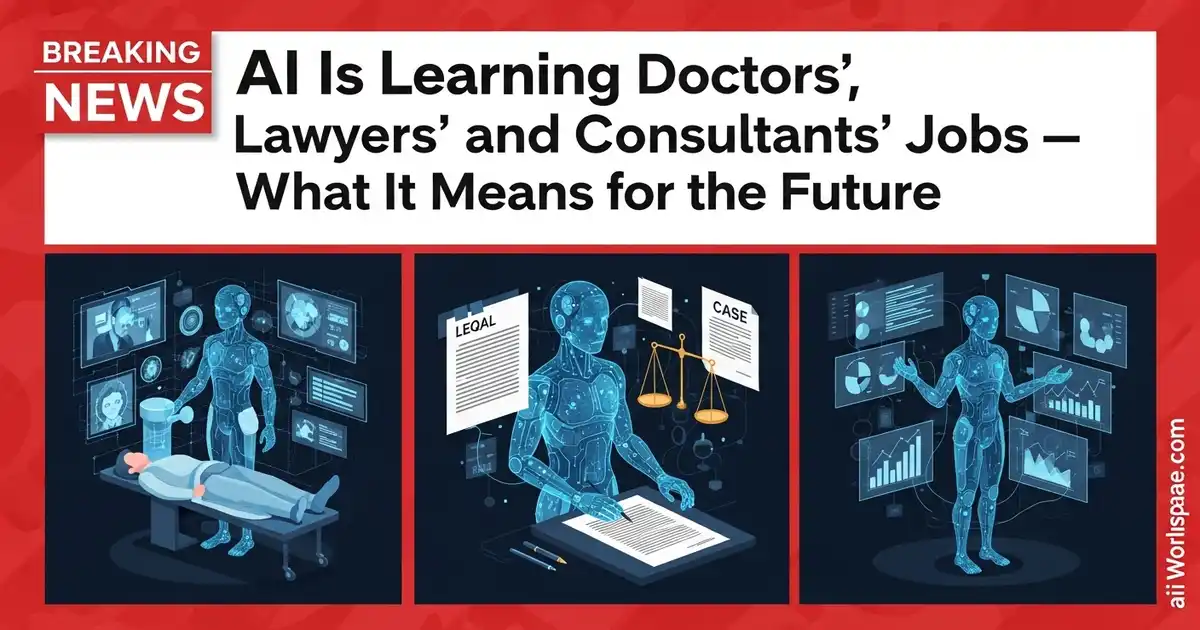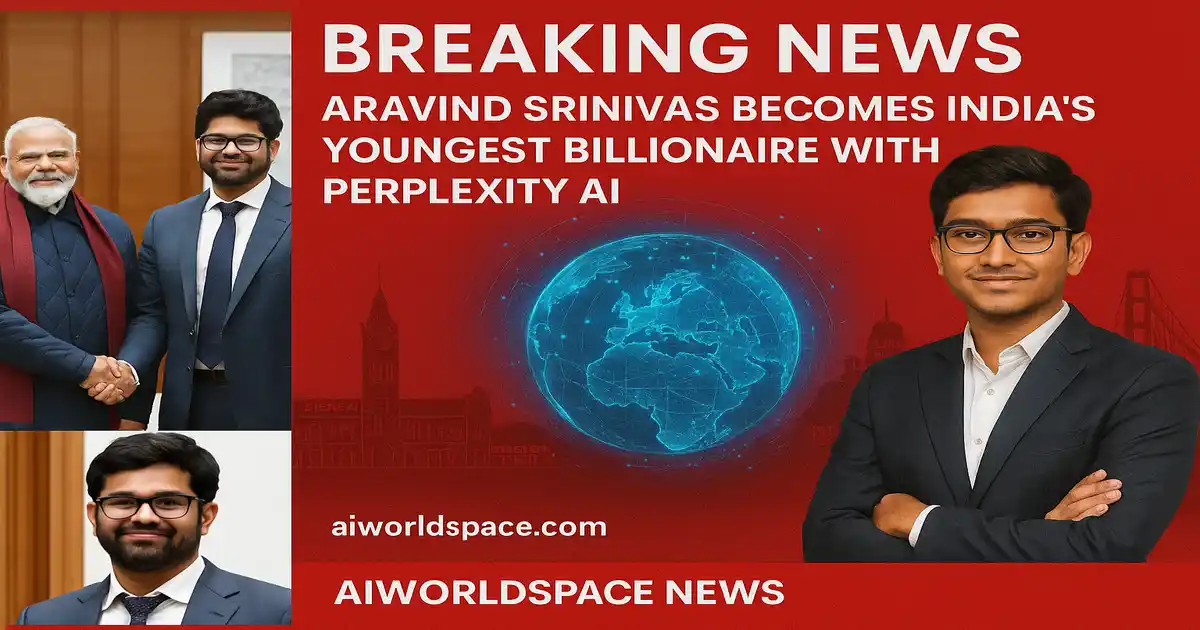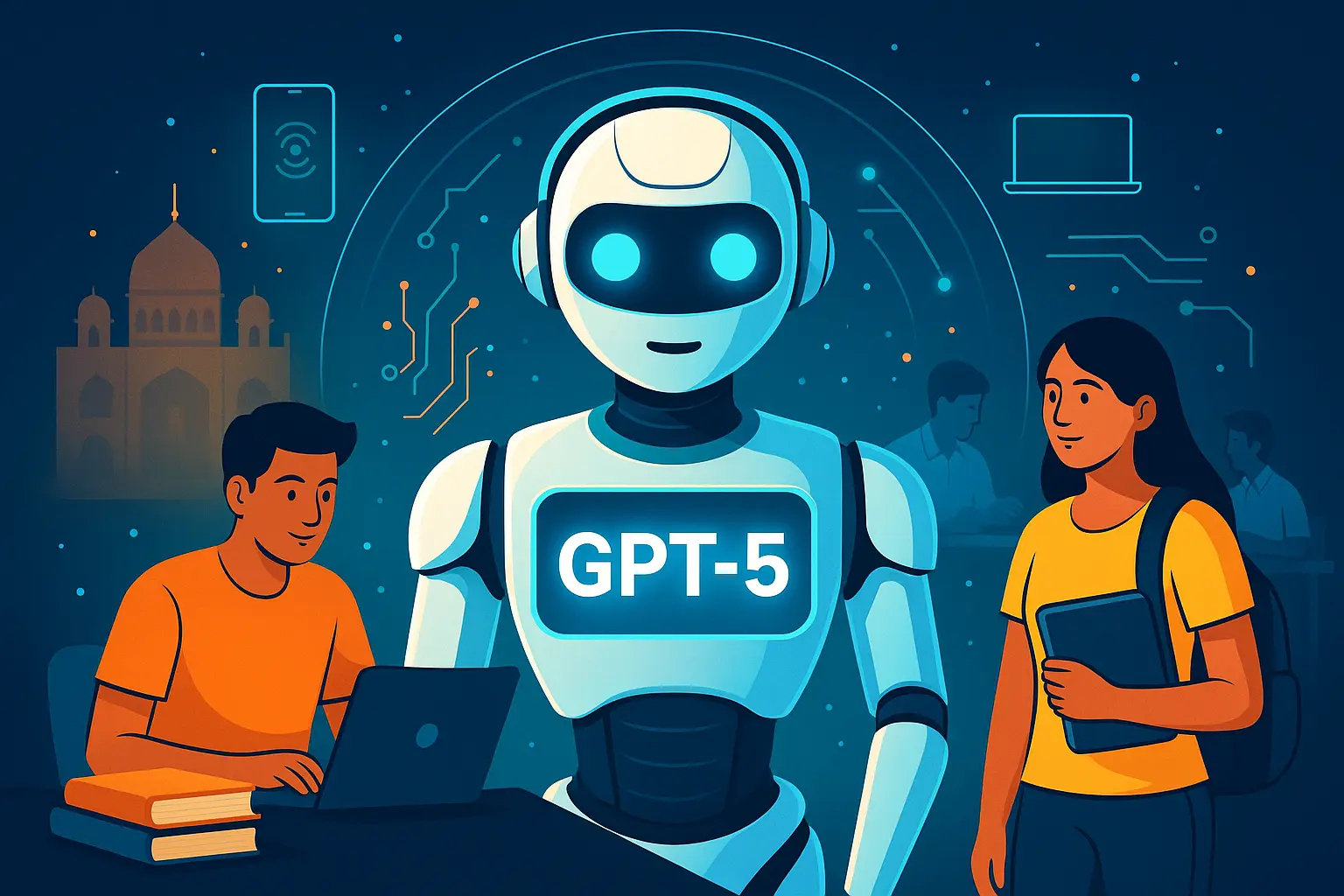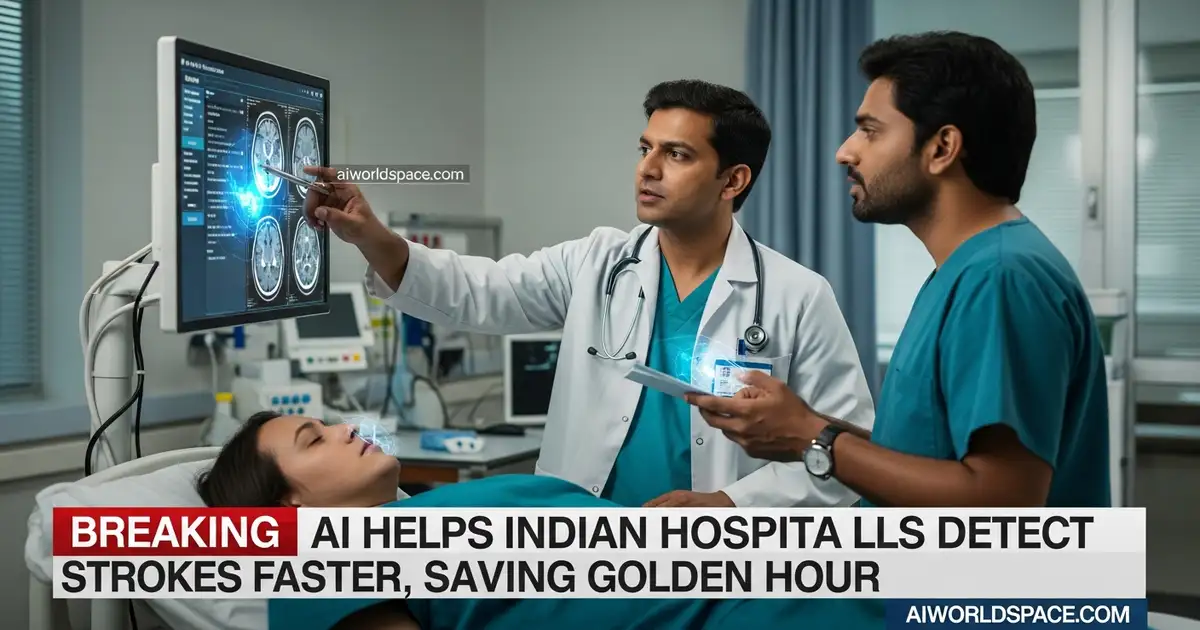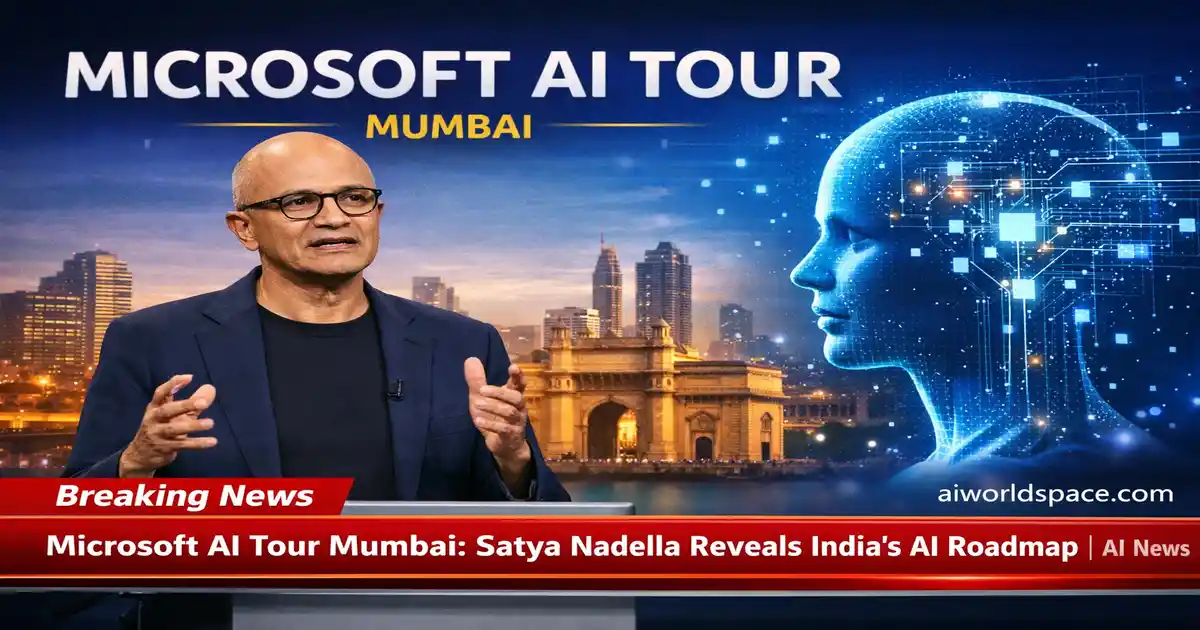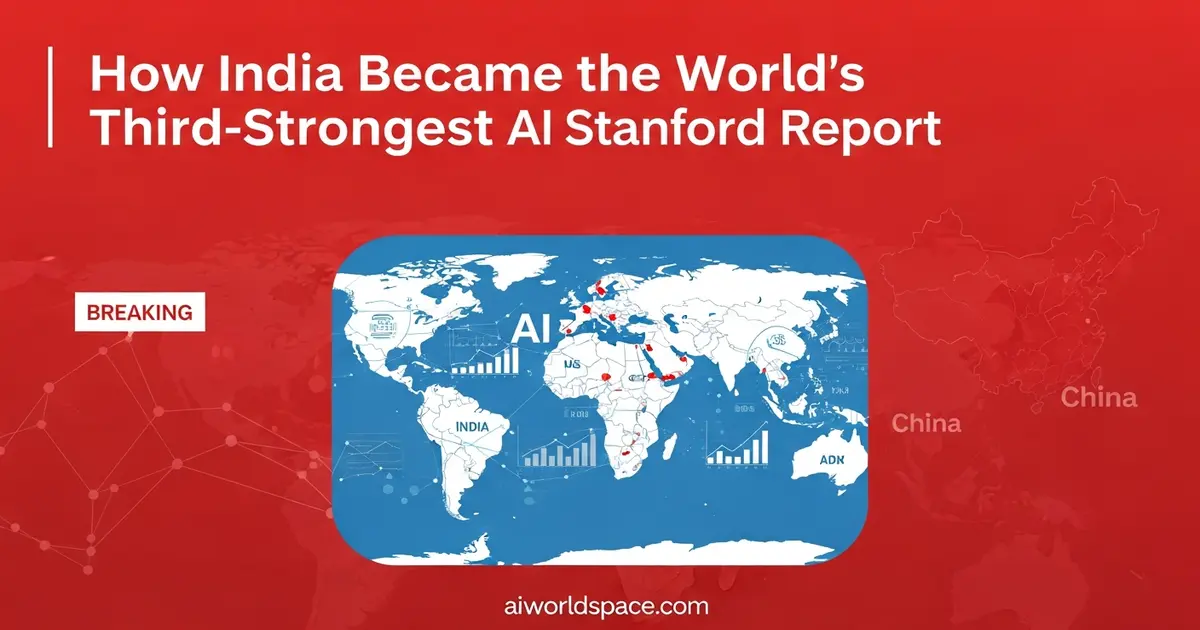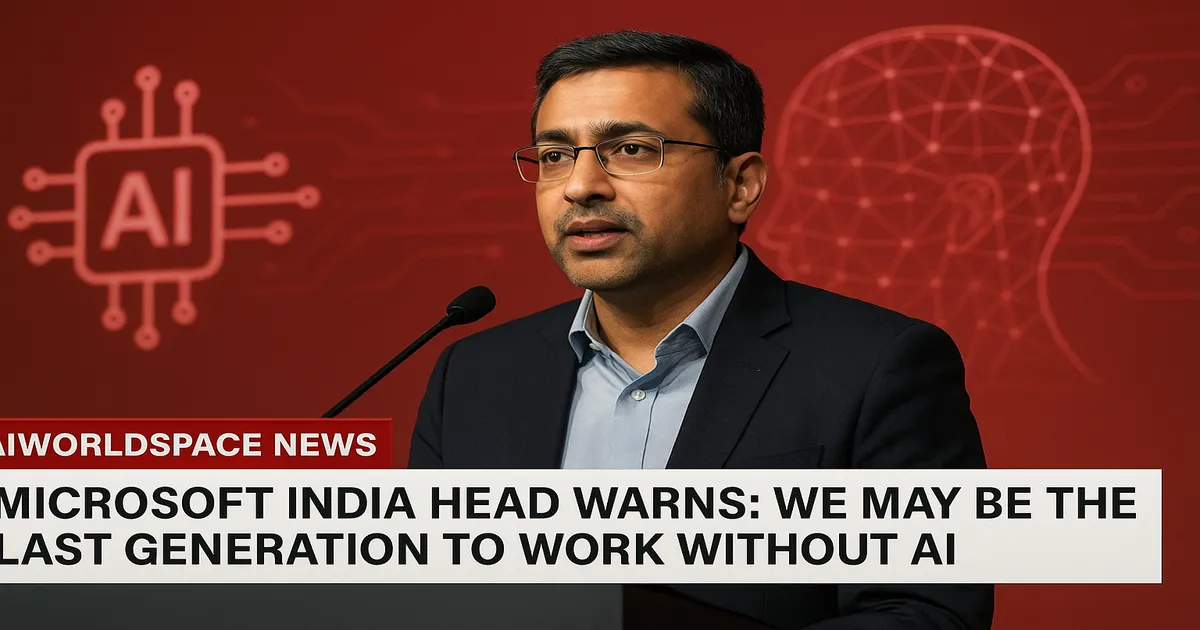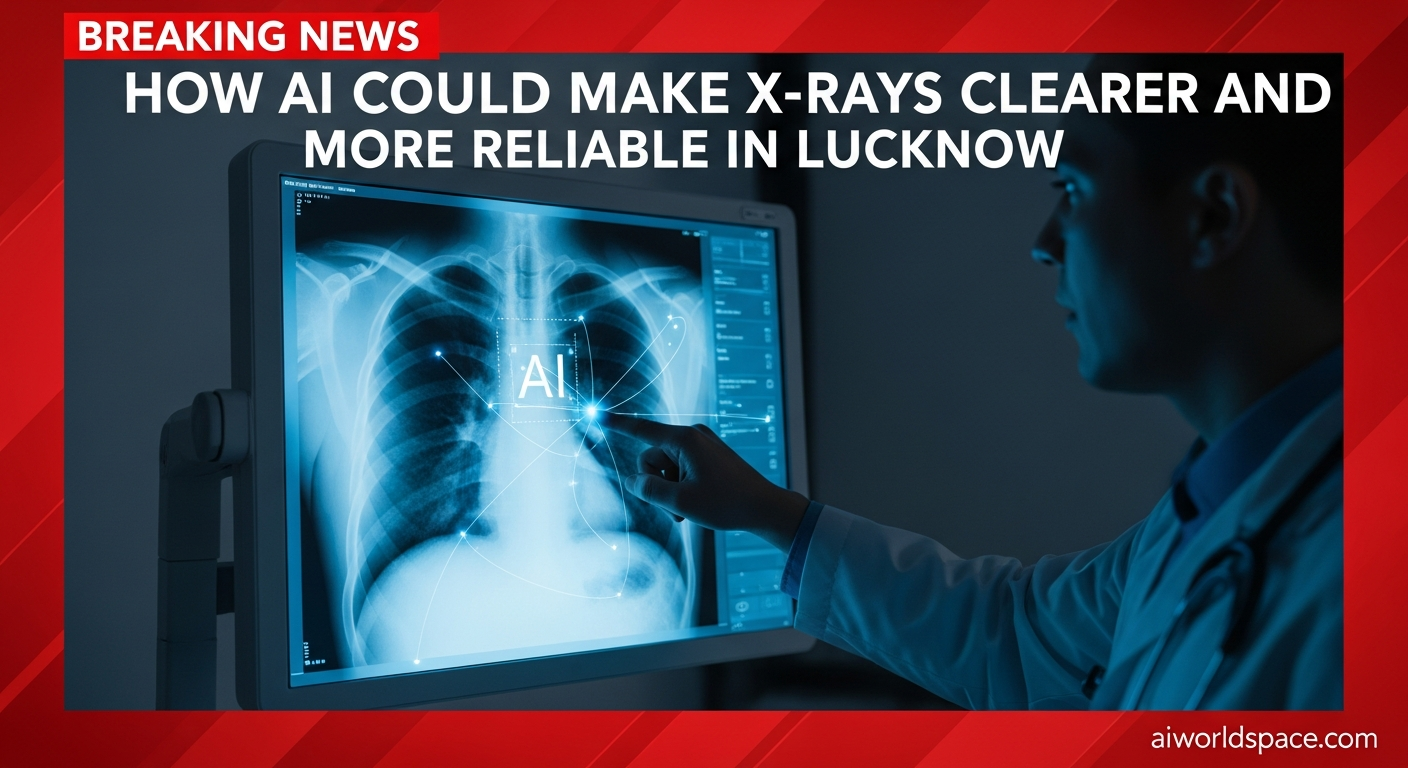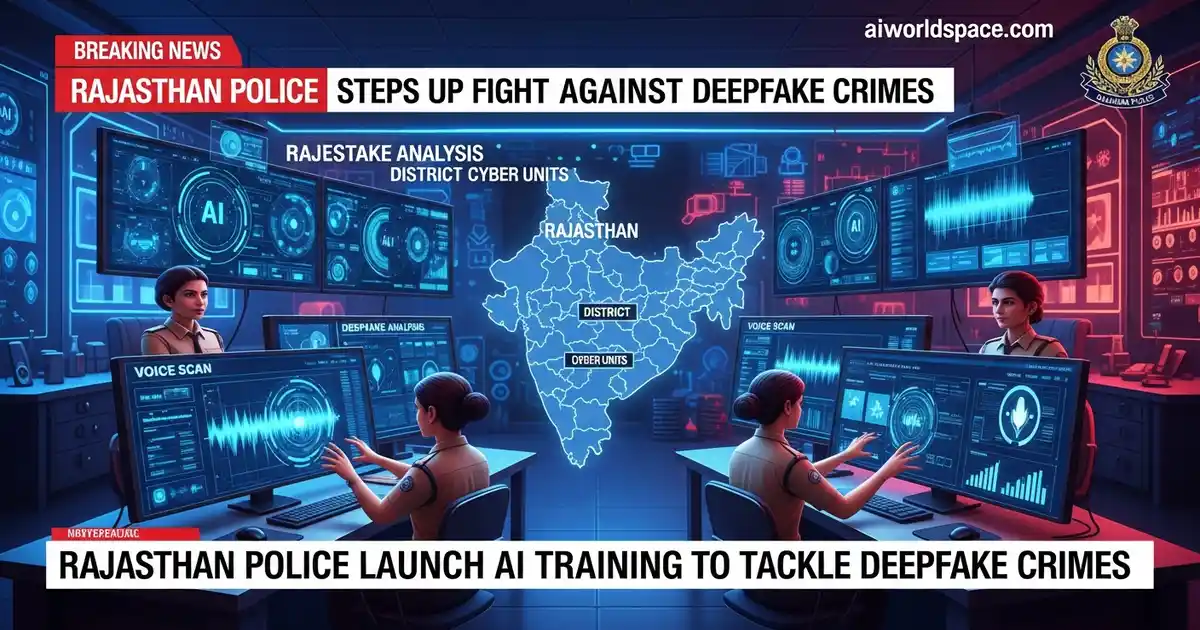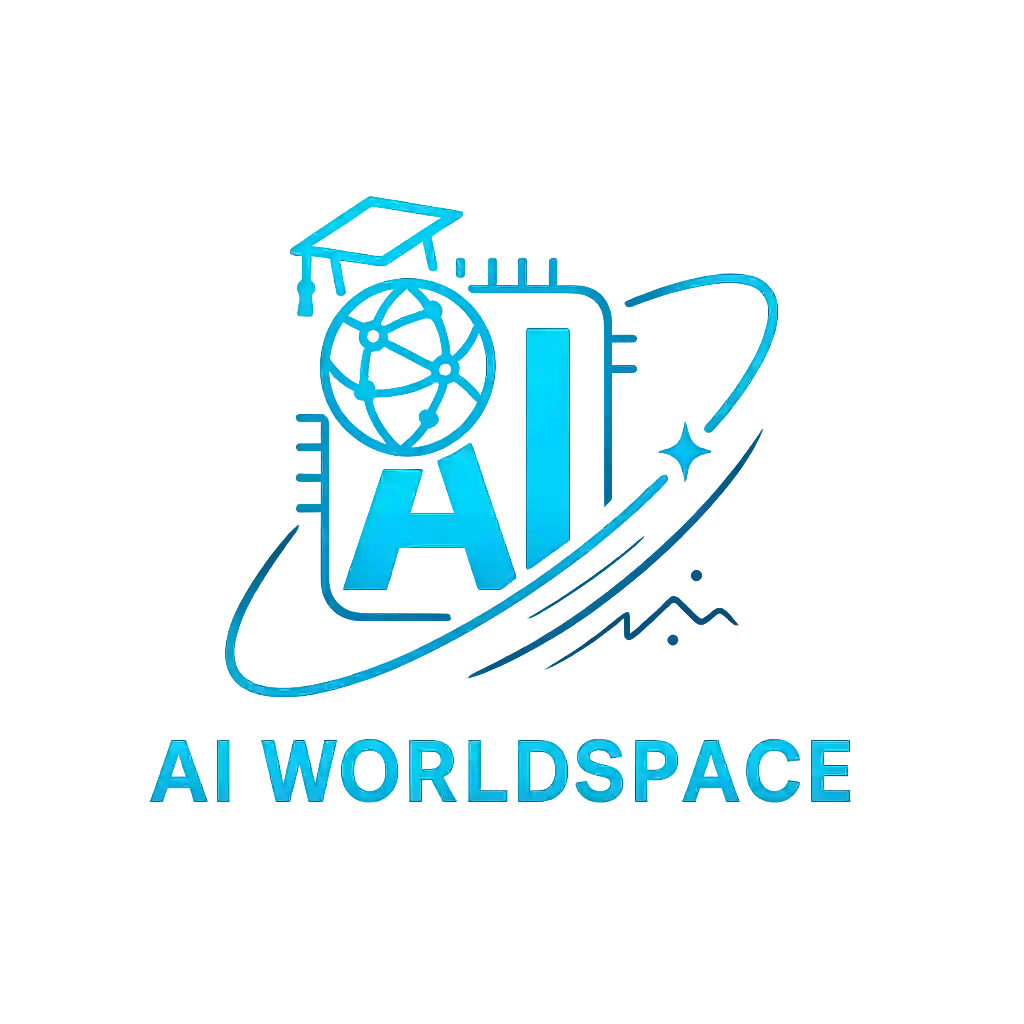London, September 6, 2025 | Reading Time: 4 Minutes
Summary:
Renowned computer scientist Geoffrey Hinton, often called the “Godfather of AI”, has issued a fresh warning. In his latest remarks, he argued that artificial intelligence could make a few people unimaginably rich while leaving the majority poorer. His statement raises a crucial question — is AI truly a tool for progress, or a machine that could deepen inequality?
Why Hinton Thinks AI Could Widen the Wealth Gap
Speaking at a recent global technology forum, Hinton said the current AI race is being dominated by a handful of tech giants. These companies, already holding vast resources and data, will be the ones to capture most of the profits.
According to him, the danger is not just job loss, but the concentration of wealth and power in the hands of very few.
Read In Hindi -
“AI is not going to distribute benefits evenly,” Hinton remarked. “It will enrich those who control it, but it risks pushing everyone else to the margins.”
What Happens to Ordinary Workers?
Hinton pointed out that automation has always replaced some jobs, but AI is different. Instead of only handling repetitive tasks, it is now advancing into creative, analytical, and decision-making roles. From coders to call centre staff, journalists to legal assistants — many sectors are already feeling the pressure.
This, he warned, could leave millions scrambling for lower-paying jobs, while productivity gains would flow upwards to corporate boardrooms.
The Silent Struggle Between Innovation and Inequality
Hinton’s concern echoes what many economists have begun stressing: AI will boost efficiency, but its rewards won’t automatically reach the wider population.
Unless governments step in with stronger regulations, taxation, and wealth redistribution mechanisms, the divide between the ultra-rich and ordinary workers could grow even sharper.
Some experts suggest ideas like universal basic income (UBI) or heavy taxation on AI-driven profits to balance the scales. But whether political systems will act fast enough remains uncertain.
Geoffrey Hinton Warns: Could AI Still Be a Force for Good?
Despite his stark warning, Hinton is not dismissing AI entirely. He believes AI could revolutionise medicine, climate research, and education. However, he insists that without fair policies and ethical safeguards, the same technology could deepen global inequalities.
The question he leaves us with is simple but powerful: will AI shape a fairer future, or a more divided one?
